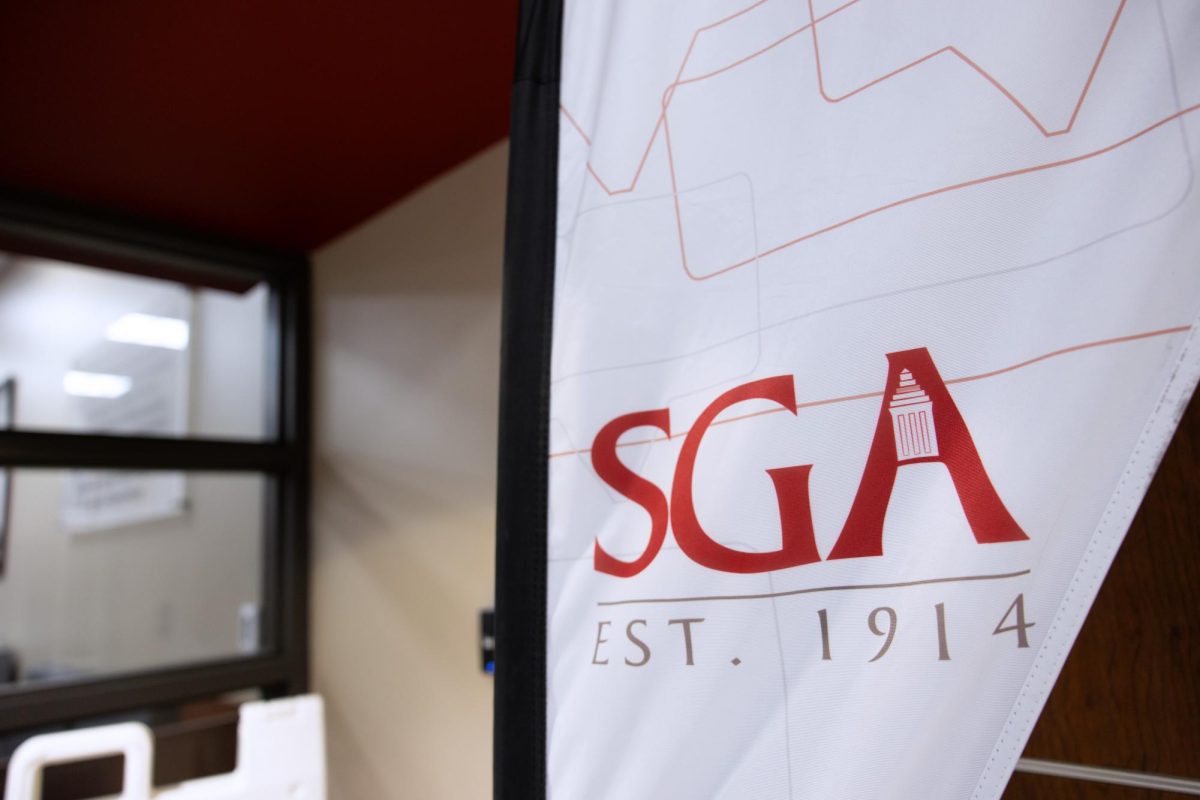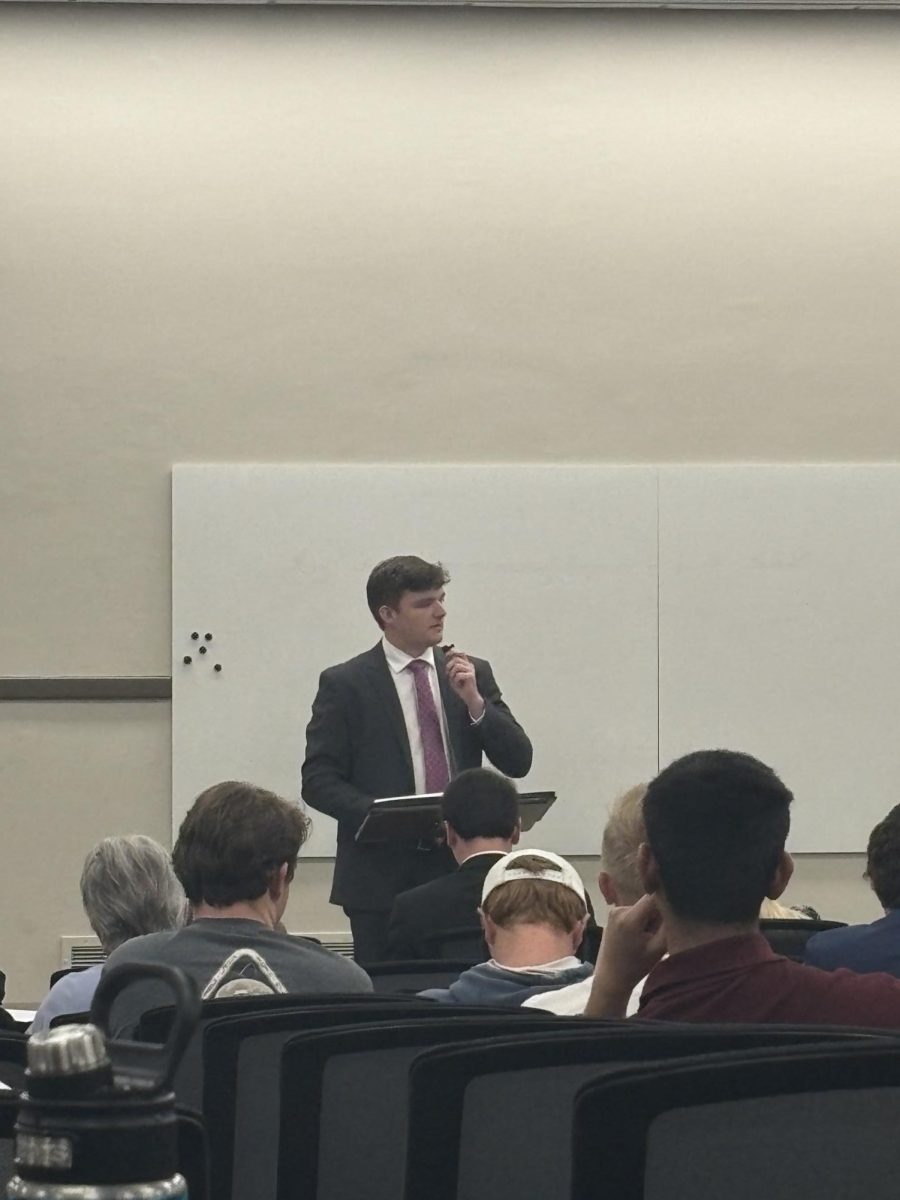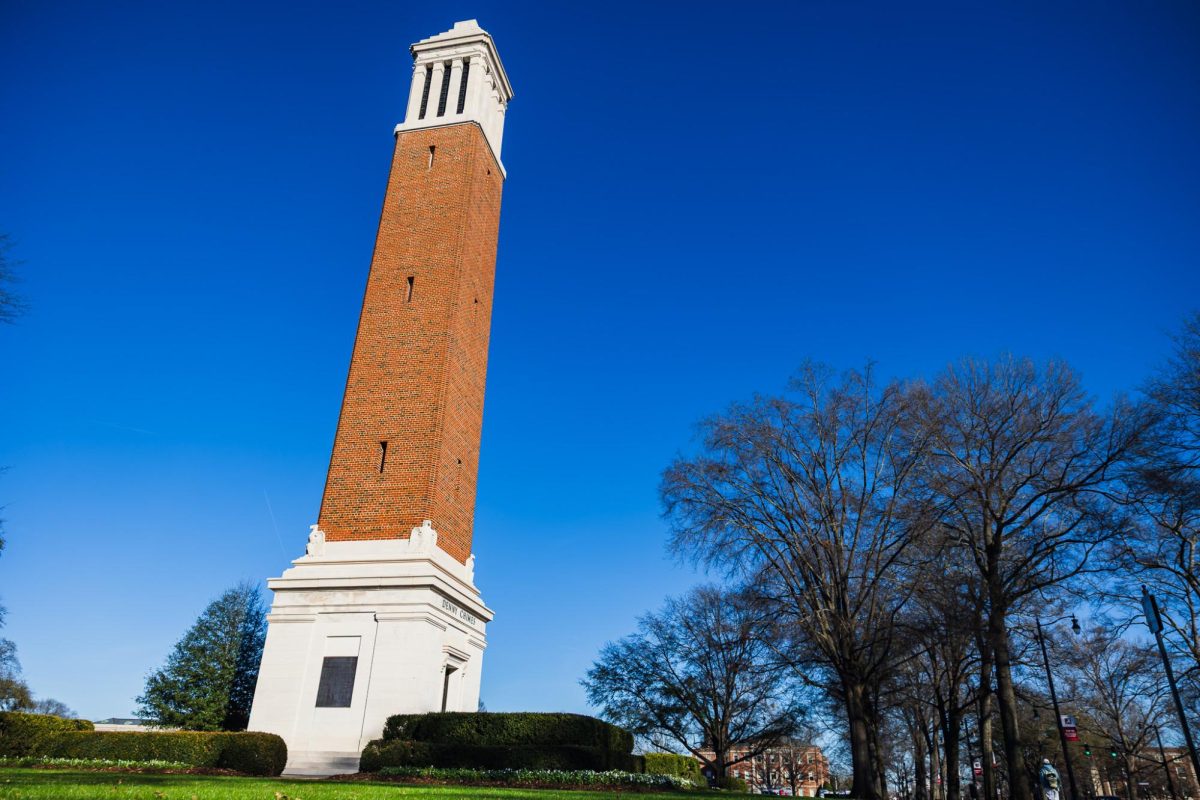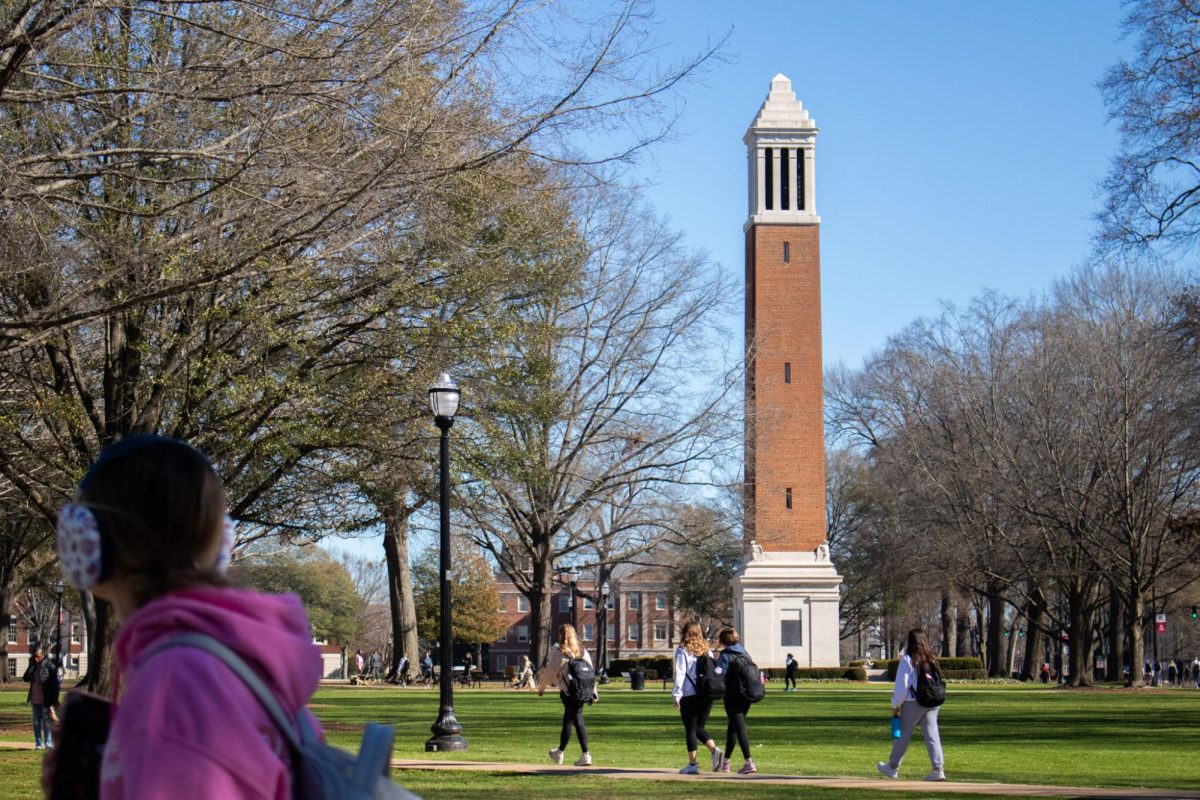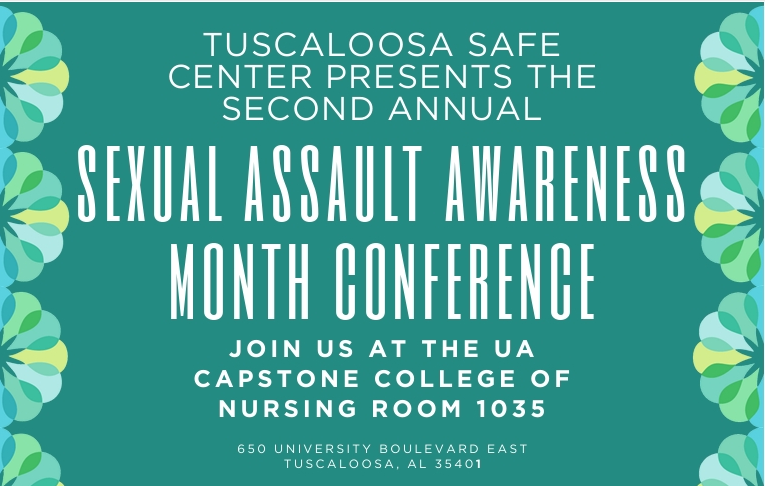With less than 600 nautical miles and a 2-day trip separating the two, trade between Alabama and Cuba was too opportune to overlook, Ron Sparks, State Commissioner of Agriculture and Industries and Democratic candidate for governor of Alabama, said.
Sunday at 5 p.m. in the Bryant Conference Center’s Sellers Auditorium, Sparks gave his keynote address to kick off the University’s Cuba Week. In it, Sparks stressed the impact the Alabama-Cuba relationship has on both countries’ workforces, industries and qualities of life.
“I by no means claim to be an expert on Cuba or Havana, but one thing I’ve learned is the Cuban people are good people and they deserve every opportunity we give them.” Sparks said.
Since his election as state commissioner of agriculture and industries in 2002, Sparks has worked to help lift the embargo and boost Alabama’s economy by selling products to Cuba, according to a UA press release. Among these products are poultry, soybeans, pork and wood products such as telephone poles.
“When we first started trading with Cuba, we were number 223 as a trade partner. Today, we’re 22nd,” Sparks said. “That’s the kind of relationship we’ve been able to build.”
That relationship has generated between $300-$400 million for Alabama in recent years, but Alabama citizens aren’t the only ones affected by the trade, Sparks said. Cuban cities have seen drastic increases in the quality of their transportation systems. Travel between America and Cuba is more lax, too.
“Cubans could only visit family in America once every three years for 14 days.” said Sparks. “Travel restrictions have been lifted and now families can visit their families in the U.S. a little more freely than they could three to four years ago.”
He continued to point out that the embargo is doing more harm than good when it comes to Cuban citizens.
“The point I’ve always tried to make is that the embargo hurts Cubans,” Sparks said. “It hurts the people.”
Sparks also described his meeting with Cuban President Fidel Castro. Laughter erupted from the audience as Sparks recounted the tokens he brought Castro from America, including a Montgomery Biscuits baseball cap and a bottle of Alabama-distilled whiskey. In return, Castro gave him a box of Cuban cigars and an autograph. Sparks only smoked one of those cigars and said it was the strongest cigar he’d ever had.
Sparks concluded his speech by thanking the 14 Cuban citizens in the auditorium. He praised their country, their customs, and their kindness. He said has high hopes that future state commissioners will advance his progress with Cuba with patience.
“We have started the process,” Sparks said. “This process must be slow. The worst thing we can do is make this process too fast.”
Audience members Donna Boles and Francine Marasco said the issues behind Sparks’ speech were what brought them there.
“We’re both interested in Cuba. We’re also both interested in his [Sparks’] program.” said Boles.
“I lived in Mexico City for 22 years.” Marasco said. “My children are both Latinos so I’m interested in learning as much as I possibly can about Latin American culture.”
Cherie Steakley agreed with Sparks’ efforts to improve the American-Cuban relationship. She and her husband Joe, both retired, live close to campus and enjoy the events sponsored by the University.
“We should increase trade with Cuba,” Steakley said. “We knew this speech would not be a political speech, so we went. I’m interested in Cuba and I’d like to go there in the future.”
Sponsored by the College of Arts and Sciences, Cuba Week is Oct. 10-13 and will feature more than two dozen presentations from the University and Cuban professors collaborating together to strengthen this Cuban-American relationship. All presentations will be held in the Bryant Conference Center and tickets are $30 and are non-refundable. To register for Cuba Week online and for more details on the presentations, visit cubaweek.ua.edu.



